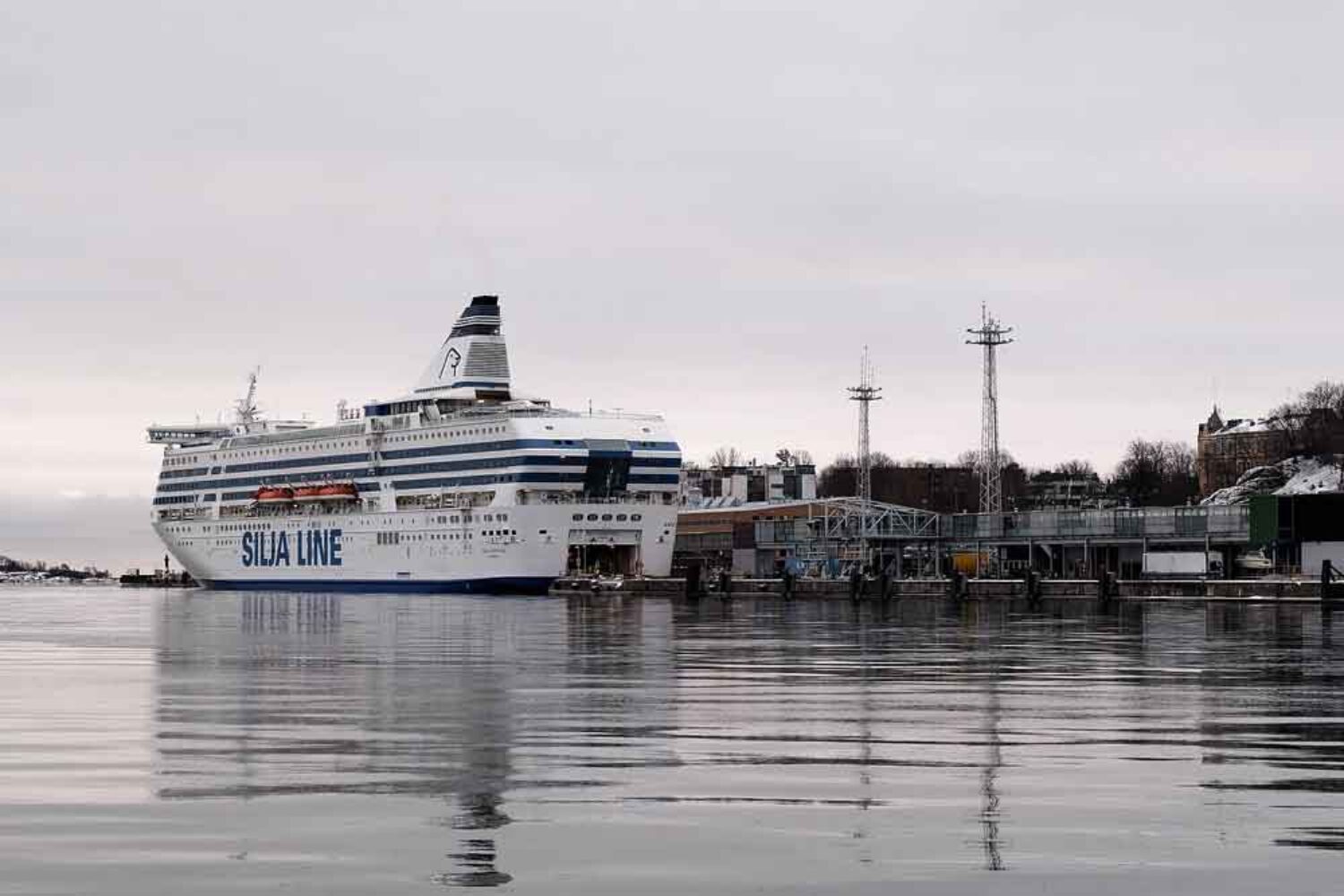The Finnish parliament has passed a law banning cargo ships from discharging wastewater into Finland’s coastal waters.
This makes the Nordic country the first in the world to have such strict shipping regulations for wastewater. Ferries have long been prohibited from discharging their wastewater near the coast. Now, the ban also applies to cargo ships, as the Finnish news portal Yle News reported. Instead, it is now only permitted to dispose of the water in dedicated port facilities.
“This is a great success,” said Ville Wahlberg, Managing Director of the Baltic Sea Action Group (BSAG), a non-governmental organisation working to protect the Baltic Sea. “Such environmental successes are rare, but this decision is truly world-class. No other country has enacted such ambitious legislation.”
Only one in five cargo ships dispose of wastewater in ports
As things stand, only around one in five cargo ships sailing in the Baltic Sea dumps its wastewater in port facilities instead of discharging it into the sea. In the last five years, the volume of this wastewater collected in ports has tripled.
Vesa Marttinen, Head of Cargo Business at the Port of Helsinki, believes that the infrastructure is well prepared for this changeover. “We have had plants treating wastewater from passenger ferries and some cargo ships for years,” he said. “Now we will work with the remaining ships to ensure they are equipped and their processes are refined.”
Ship sewage often contains large amounts of faecal bacteria and solid waste. In the Baltic Sea, which is very shallow compared to other seas and where there is only a limited exchange of water, this can lead to particularly drastic environmental damage.
“As much as a medium-sized city”
“Around 2,000 ships with 15 to 20 crew members sail on the Baltic Sea every day,” explained BSAG boss Wahlberg. “That’s as much as a medium-sized city that discharges its wastewater into the sea. This will no longer be possible in Finnish waters.”
Ships will still be able to dispose of their wastewater in international waters, as these are not subject to Finnish law. Wahlberg, therefore, insisted that other Baltic states also adopt this regulation. As soon as this happens, it can be expected that international laws will also be tightened. Until then, Wahlberg believes that the shipping industry itself is responsible.
“I trust that shipping companies and charterers will insist on discharging their wastewater in the ports,” he concluded. “This law provides a solid foundation and I am optimistic that we will see a significant increase in the amount of wastewater collected in Finnish ports.”













